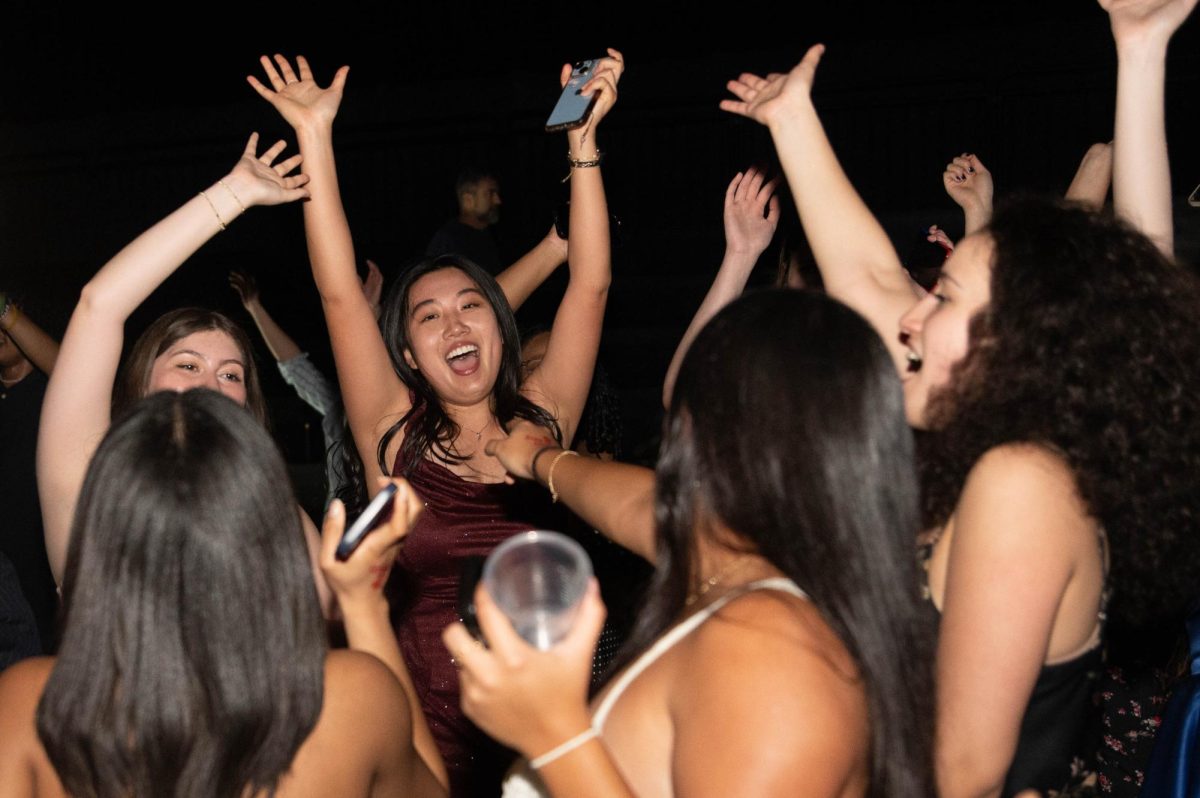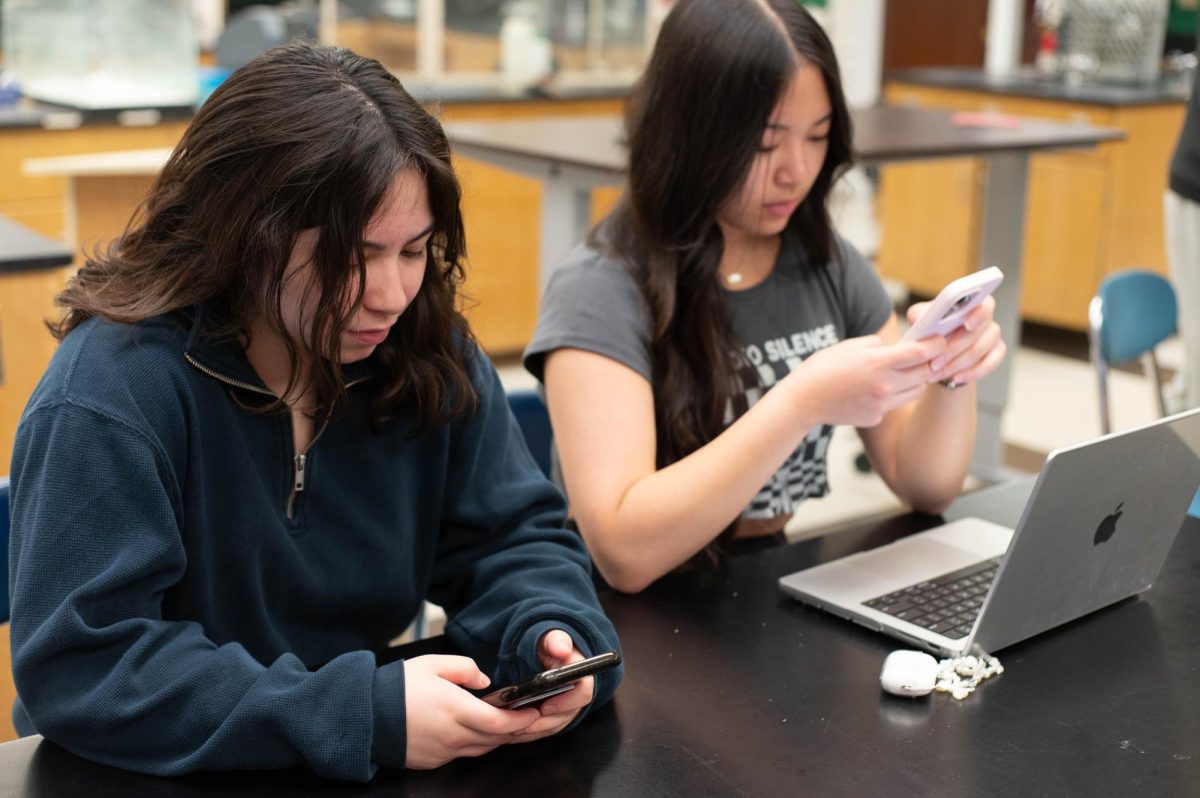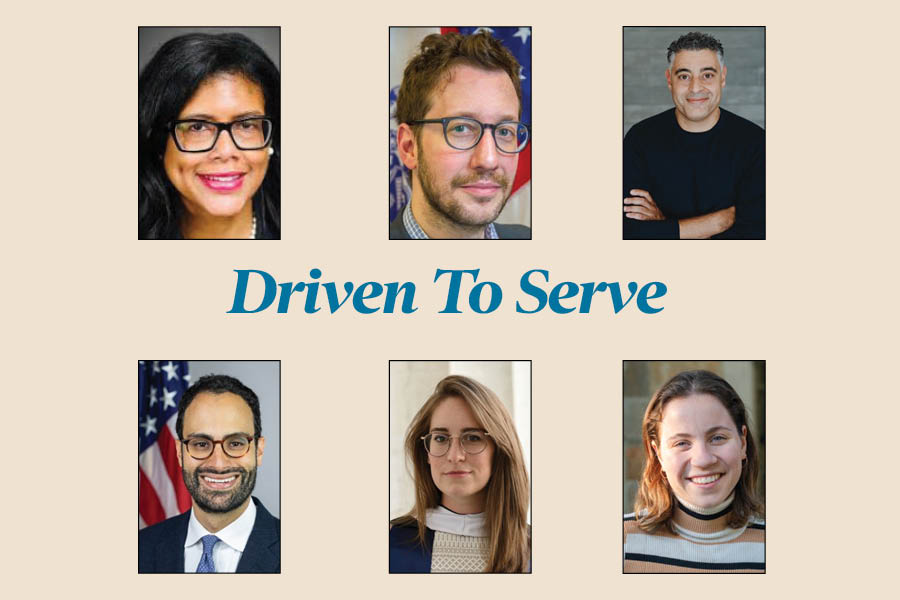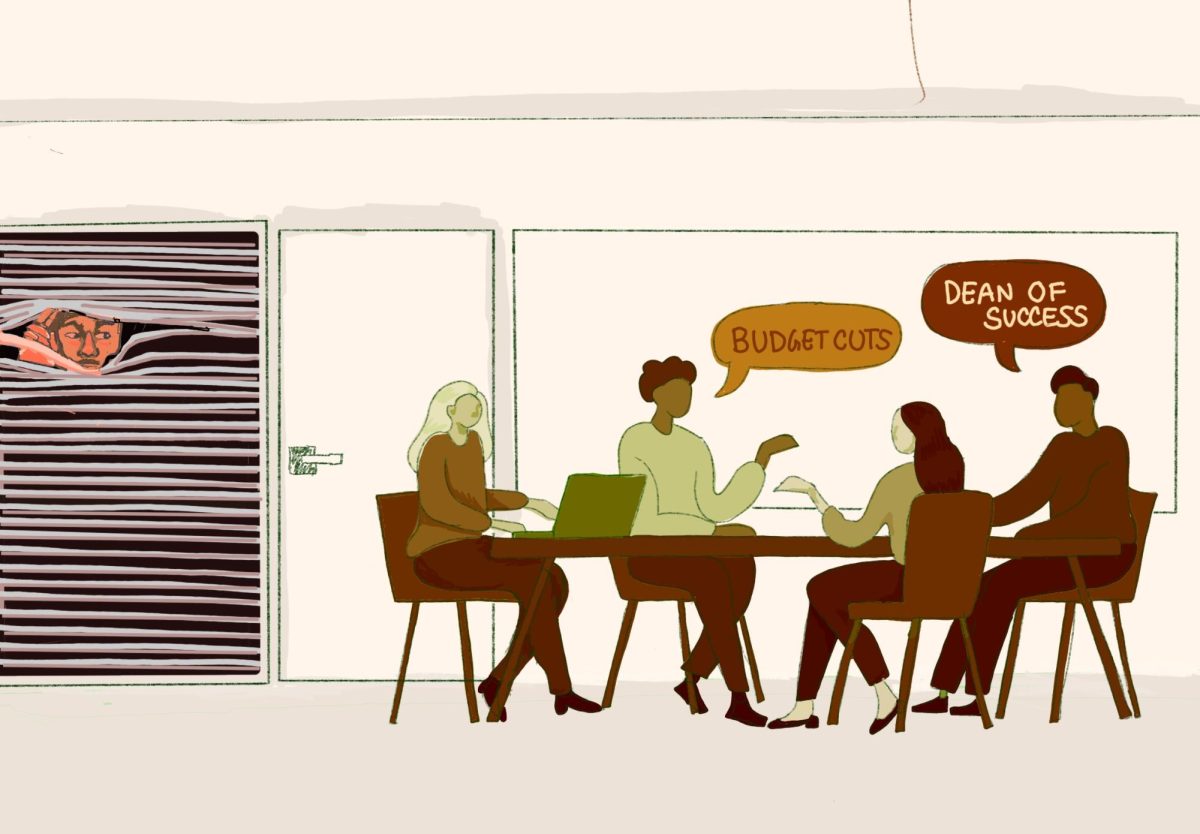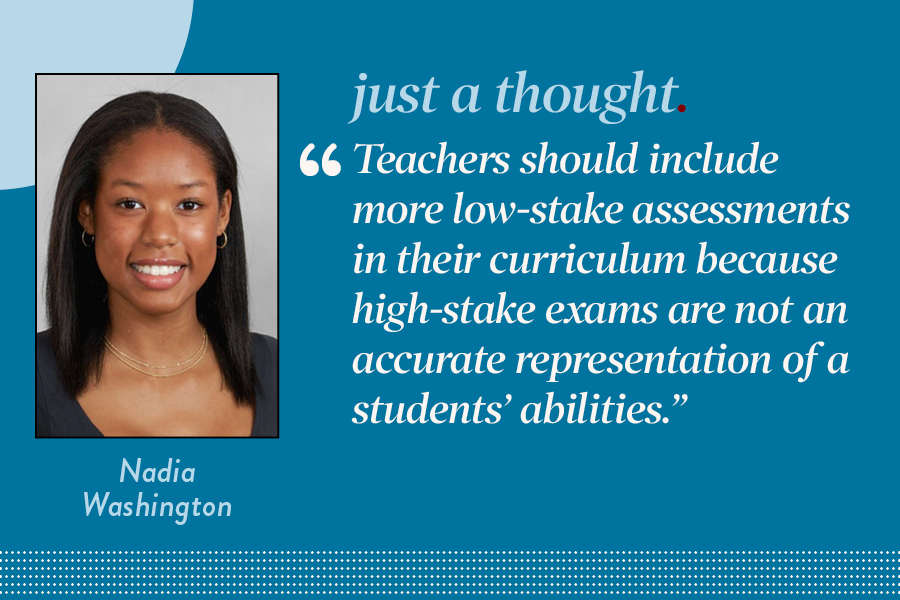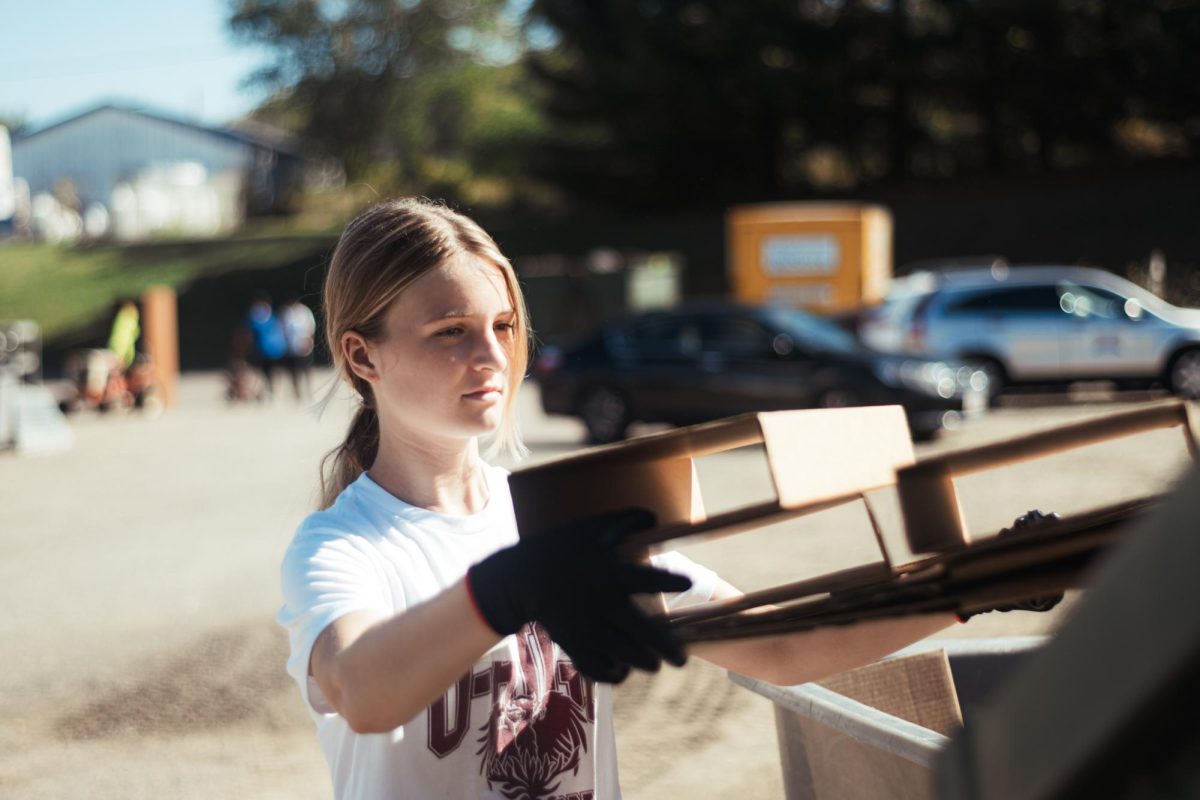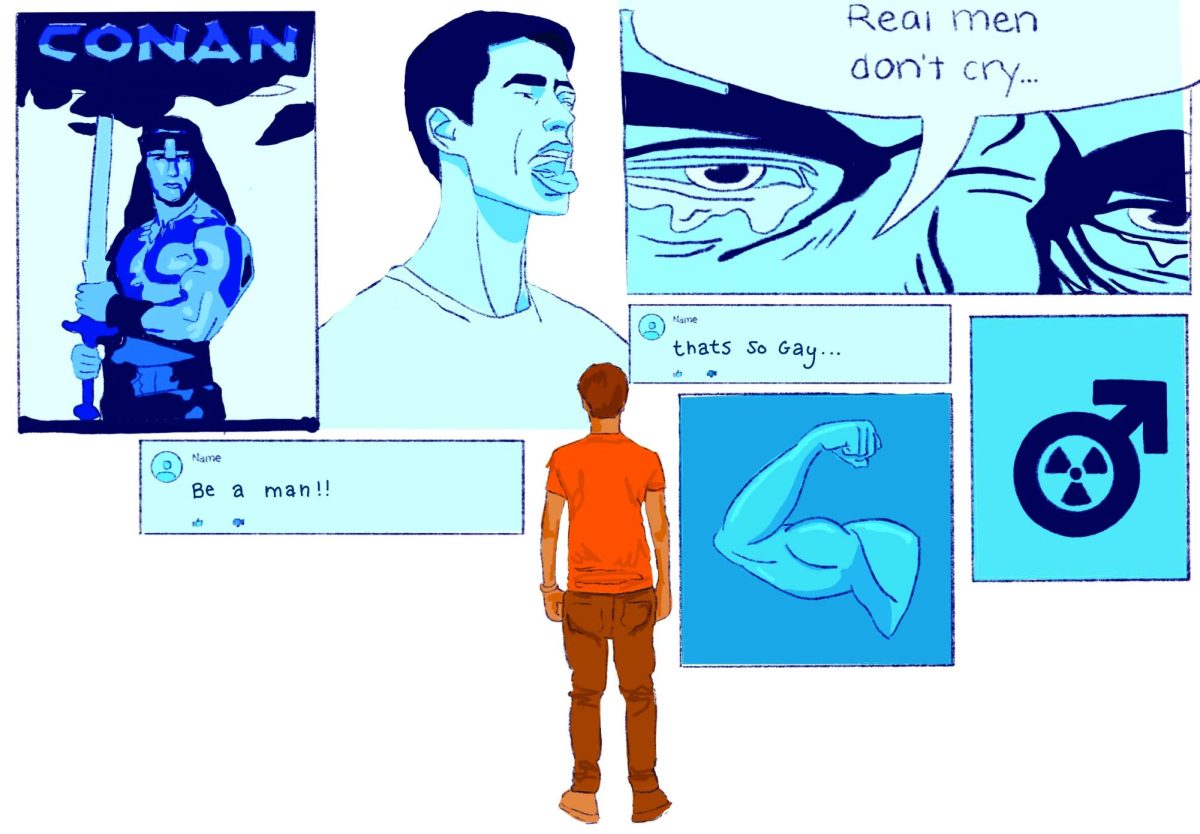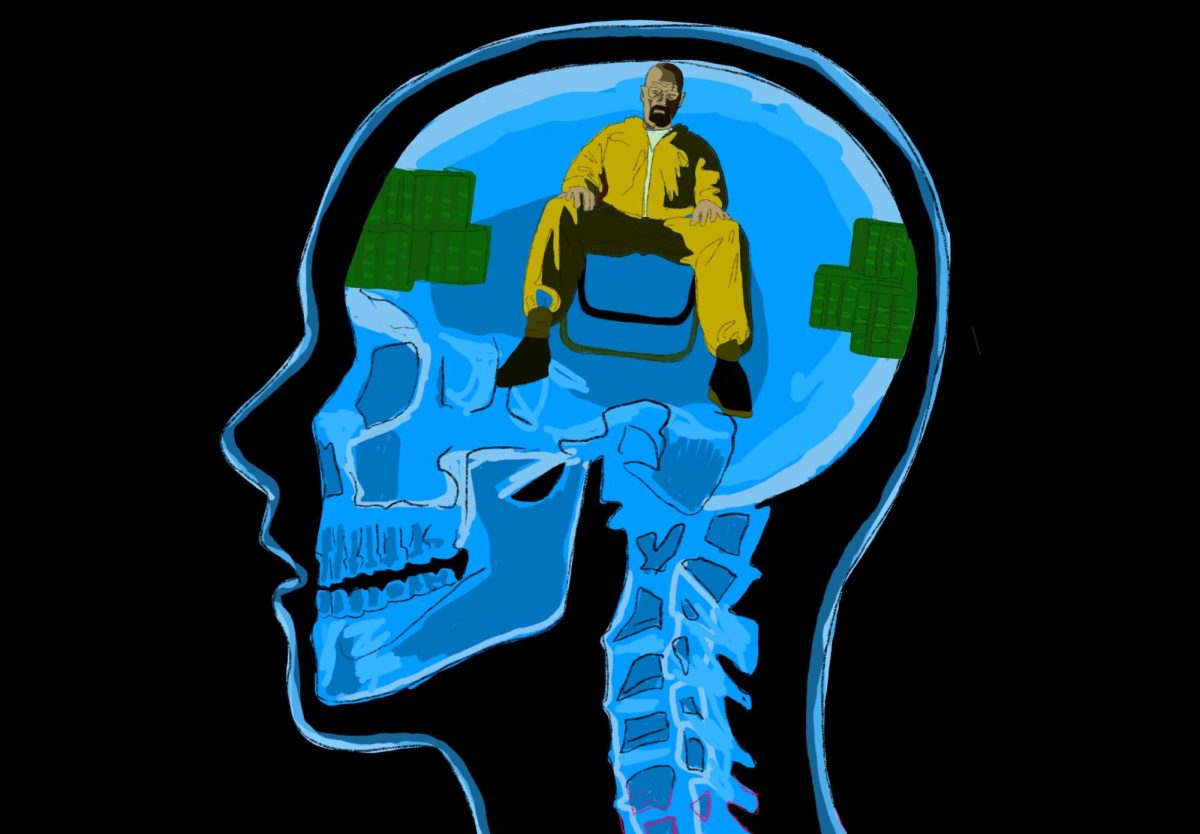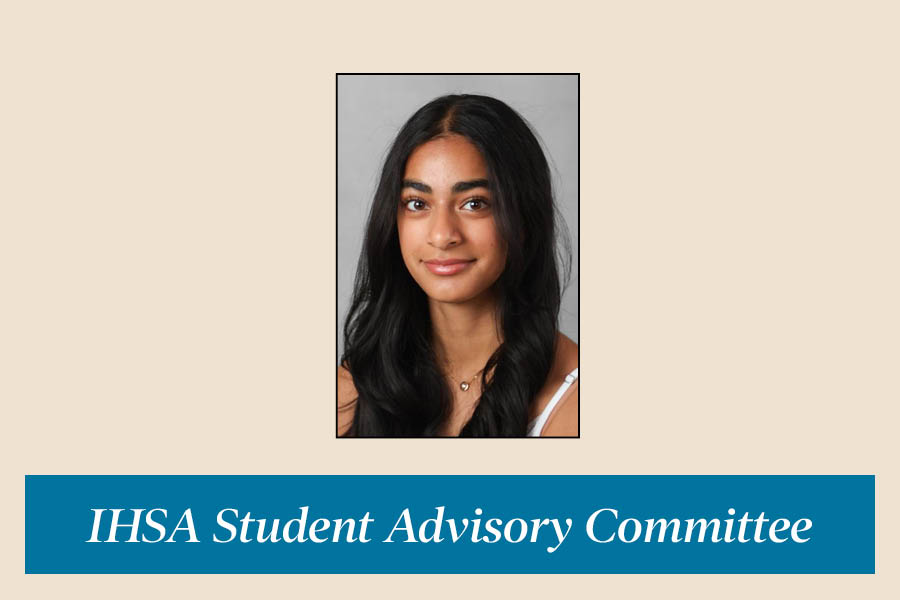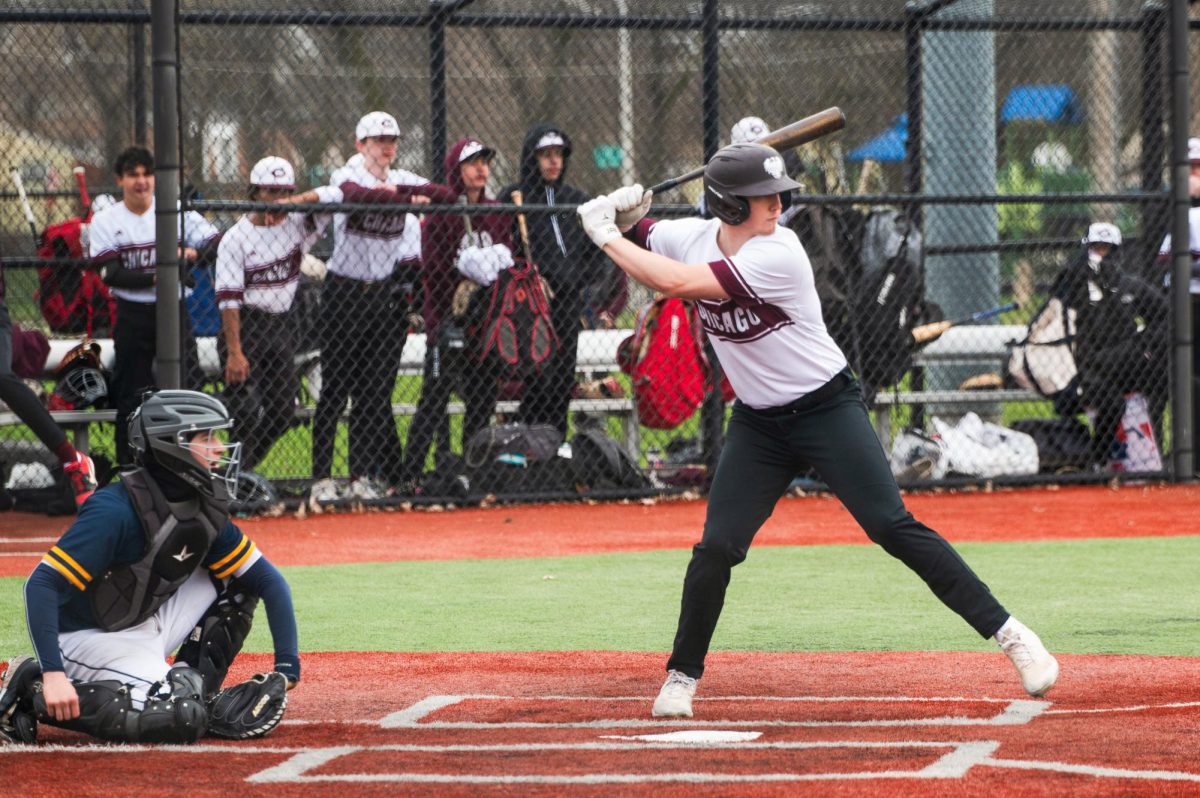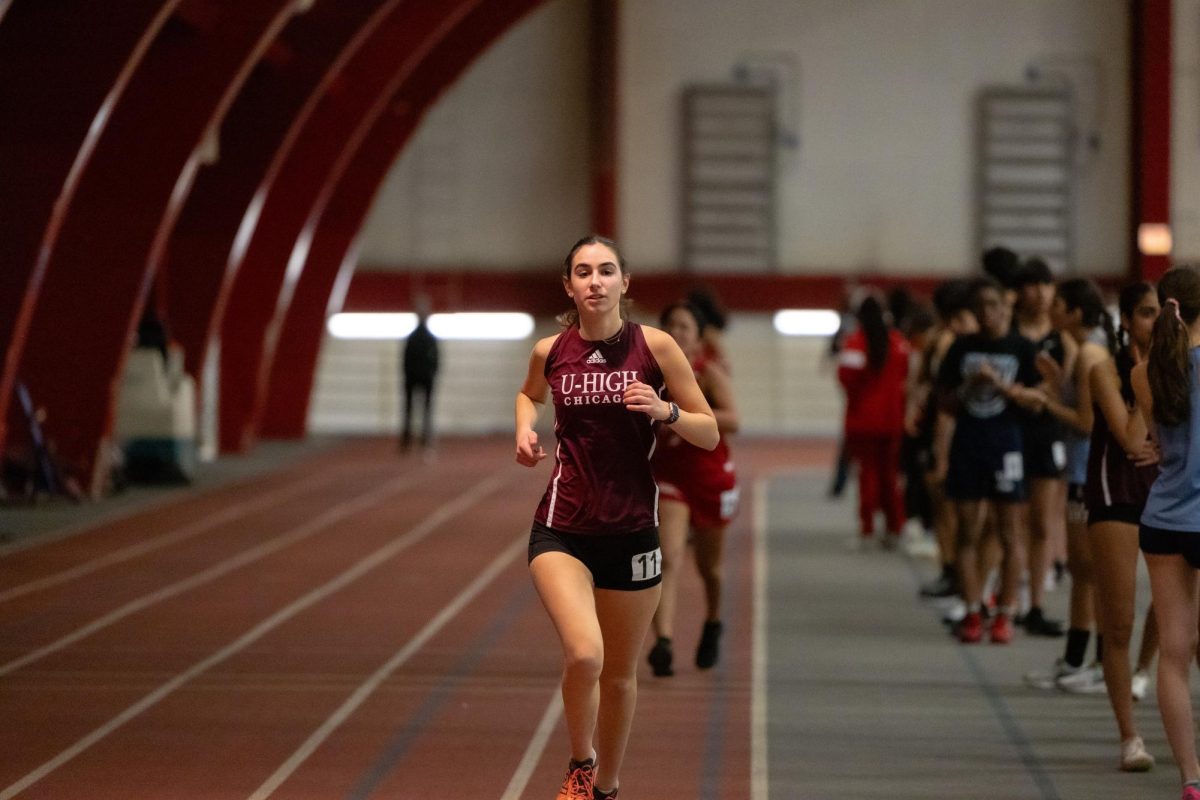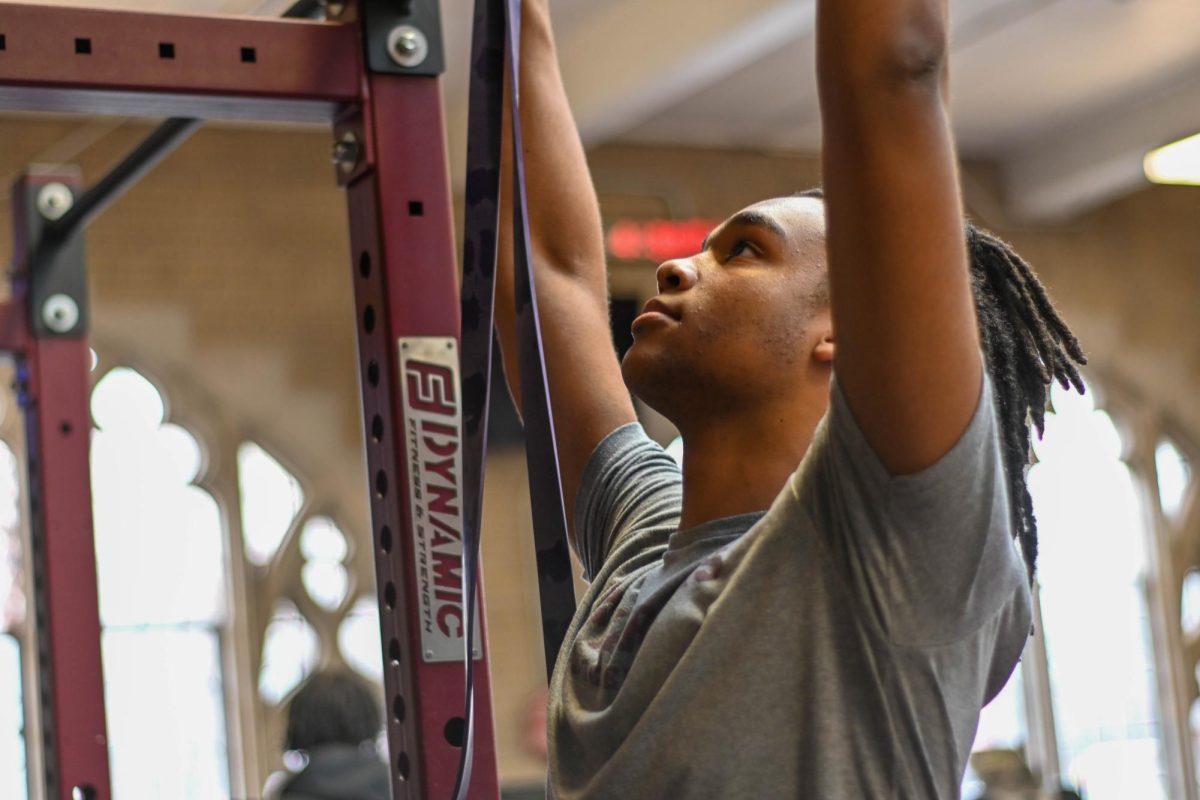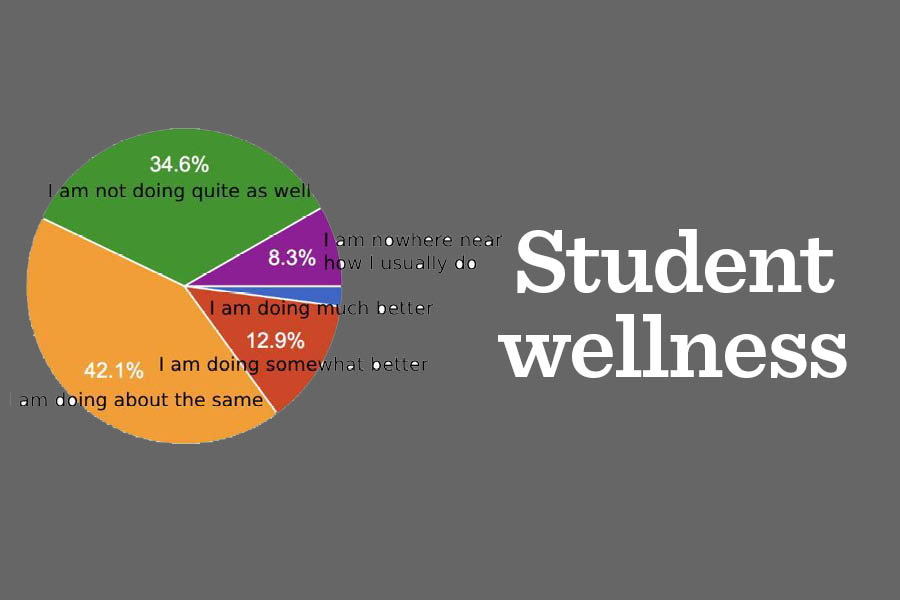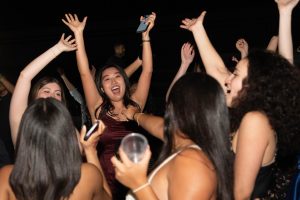Despite students feeling overworked, teachers won’t change curricula for hybrid
Midway staff
75% of students feel like they’re overworked by their teachers, according to the latest survey.
February 25, 2021
Nearly three in four students say they are given too much coursework, and over half say they are doing worse academically than usual, according to a December survey of U-High students. Despite that, teachers are not planning on changing their curriculum during hybrid learning, which begins March 8.
Junior Kennedi Bickham is not surprised by the results of the survey based on her experience and that of her friends. She believes the data reflects a cultural problem she has observed at Lab.
“A lot of students are struggling right now, and most teachers aren’t that helpful,” she said. “This is a cultural problem at Lab where students prioritize academics over their health, but it doesn’t help that teachers are assigning way too much work.”
According to the survey results, students spend an average of 4-6 hours per day on homework. The most common amount of sleep was 6-8 hours per day, while the most common response for engaging in recreational activities including extracurriculars was only 0-2 hours.
According to counselor Teddy Stripling, the lack of sleep and recreational activities is unhealthy, and a problem attributable to the culture at Lab. Counselors knew students would not socialize as much during remote learning, Mr. Stripling said.
“But 0-2 hours is too low,” he said. “A problem I see at Lab is that students put their academic coursework and rigor above their health.”
Mr. Stripling recognizes that adjusting student workload can have a positive impact on boosting student engagement in recreational activities.
“I’ve talked to several teachers who substantially changed their curriculums to help students out,” Mr. Stripling said. “I think at this point most teachers are making an effort to accommodate students who are struggling. That said, there’s always room to adjust more.”
Math department chair Farukh Khan wrote in an email to the Midway that he’s waiting for details on how hybrid learning will work to make potential changes in the math curriculum, but he doesn’t have plans to adjust the curriculum any further to alleviate workload.
Similarly, science teacher Elizabeth Hubin doesn’t think there will be further changes in the material she is planning to cover in her classes.
“I’ve made quite a few changes since the beginning of the year,” Dr. Hubin said. “I made more changes based on what my students gave as feedback, and I don’t think there will be a dramatic shift in my coursework this year.”
Kennedi recognizes that several teachers have made changes to their curriculum throughout the year and said she thinks some level of student discomfort in workload is normal, especially during distance learning.
“Before this, a lot of students I know also had problems with their workload,” she said. “For some of my friends, being remote has made it harder, but I guess the underlying problem is that students are choosing more difficult classes and extracurriculars than they can handle, and that ties back to the cultural issue.”
Cultural problems aside, Mr. Stripling is hopeful that the return to hybrid learning can help some students feel more confident in their academics and spend more time socializing with friends.
“The students that do better in person can now go back to school,” Mr. Stripling said. “I think that could really help students spend more time socializing so they have a healthier work-life balance.”




